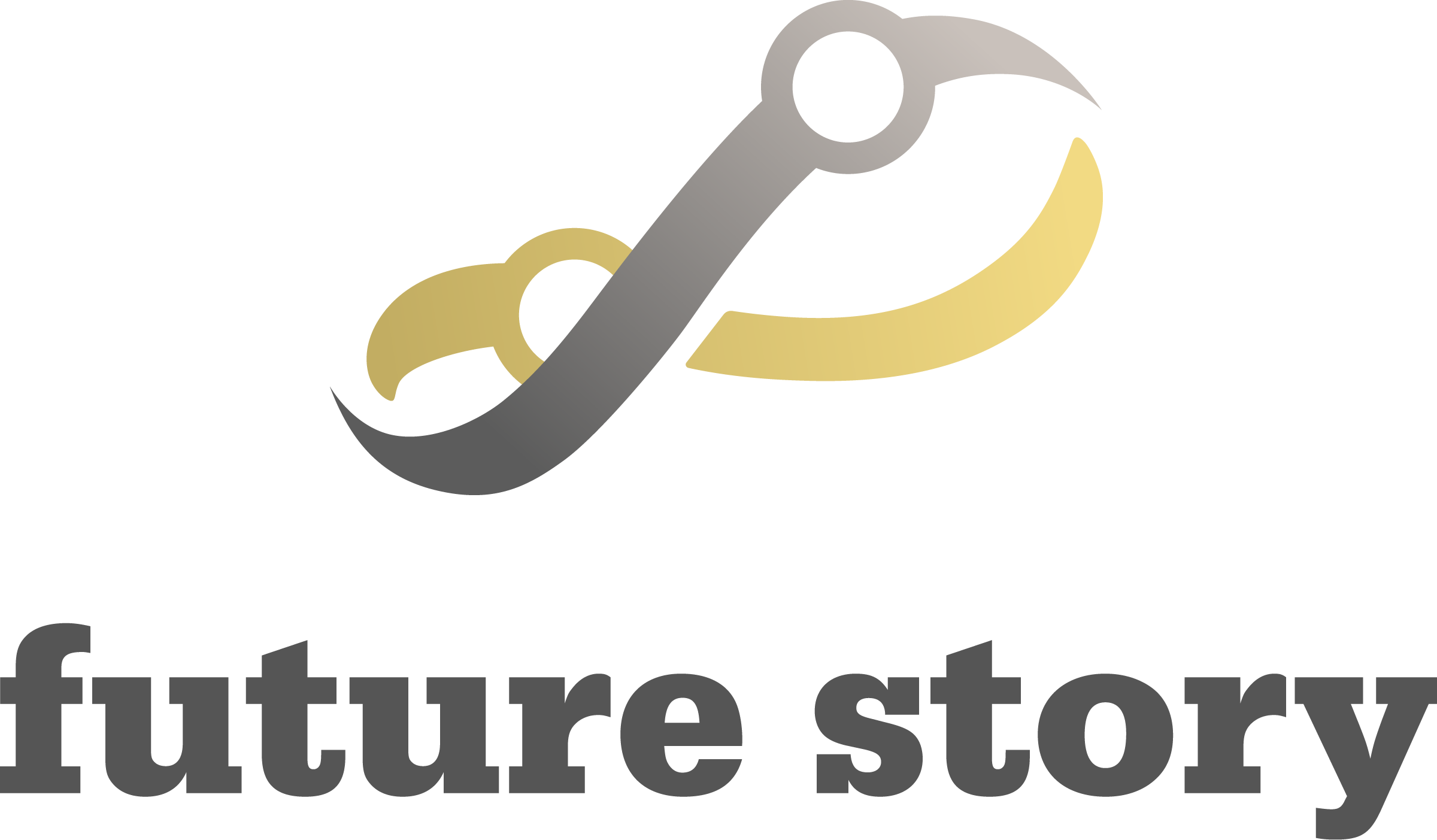When I co-founded Future Story Capital, I knew one thing: investing in startups is not just about the idea, it’s about the people. The product may pivot, the market may shift, but the entrepreneur’s mindset and capacity to adapt determine whether an investment grows or fails.
My background in HR and interviewing thousands of candidates gave me a unique lens. While most investors dive straight into financial models or market sizing, I began by asking: What competencies and character traits does this founder bring to the table?
Competency-Based, Evidence-Driven
In HR, we learned early: don’t take answers at face value, dig for evidence. When interviewing a candidate, I would never settle for “I’m good at leadership.” I wanted examples, stories and proof.
We applied the same principle to startups. At Future Story Capital, we look for:
- Past behavior as the best predictor of future success. Has the founder executed under pressure before?
- Evidence of resilience. Not “I’m resilient,” but stories of setbacks turned into pivots.
- Execution over ideas. Ideas are abundant. Evidence of follow-through is rare.
This competency-based lens removes the “charisma bias” that often seduces investors.
Personality and Team Dynamics
A brilliant solo founder can succeed, but a brilliant team player succeeds faster and more sustainably.
Our method involves evaluating:
- Openness: Is the founder willing to listen, adapt, and even be challenged by their own team?
- Coachability: Great founders don’t know everything, but they know how to learn.
- Emotional intelligence: The ability to navigate investors, clients, and co-founders without burning bridges.
In interviews, I learned that personality often determines longevity. In investments, it determines survival.
The Power of Openness
One trait we value above all: openness. Startups exist in high-uncertainty environments. A founder who clings rigidly to one way of thinking is destined for failure.
Signs of openness we test for:
- Willingness to admit, “I don’t know.”
- Receptiveness to feedback without defensiveness.
- Curiosity toward diverse perspectives (especially cross-cultural in global markets).
Investing in closed minds is like investing in locked doors – you’ll never get in.
Best Practices in Selecting Entrepreneurs for Investment
Over time, we developed best practices that now shape Future Story Capital’s process:
- Structured Conversations: Avoid vague “tell me about yourself.” Instead, we design structured interviews with specific, evidence-seeking questions.
- Behavioral Markers: Look for patterns, how founders react to failure, ambiguity, or criticism.
- Multiple Lenses: Pair HR-style interviews with investor-style due diligence. The combination uncovers both character and capacity.
- Observe, Don’t Just Ask: Watch how founders treat their team, assistants, or even the receptionist. Character reveals itself in small interactions.
- Scenario Testing: Present a hypothetical challenge (market crash, lost co-founder, sudden competitor) and watch how they think through it in real time.
From Hiring People to Backing Founders
In HR, I was trained to find the right people for the right roles. At Future Story Capital, the stakes are higher, but the principle is the same: we are not just funding startups, we are funding humans who carry the startup.
By blending HR best practices with investment rigor, we’ve built a method that goes beyond the pitch deck and into the human story. Because in the end, capital doesn’t create value, entrepreneurs do.


